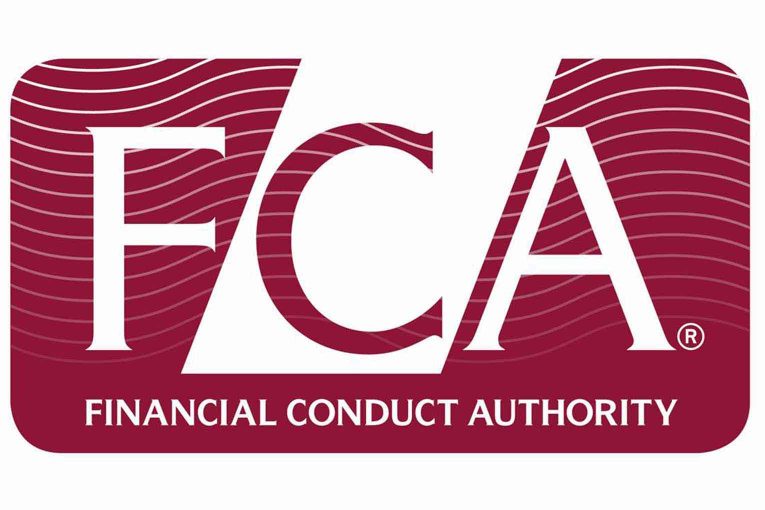There has been a significant increase in the use of buy-now-pay-later (BNPL), according to new research from the Financial Conduct Authority (FCA).
Meanwhile, the regulator has secured further changes to potentially unfair and unclear contract terms for unregulated BNPL firms.
The data, which is part of the FCA’s Financial Lives research, shows that 27% of UK adults (approximately 14 million) have used BNPL at least once in the six months prior to January 2023. This is up from 17% who said they had used it in the preceding 12 months in May 2022.
The research also found that frequent users of BNPL are more likely to be in financial difficulty. Consumers who have used BNPL more than 10 times in the last 12 months were over twice as likely as those who have not used BNPL to also have a high-cost credit product (48% vs. 22%). They were almost twice as likely to have increased the amount of debt on credit products over the last year (51% vs. 27%).
In addition, they were over four times as likely to have missed a payment of a bill or credit commitment in three of the last six months (27% vs. 6%).
Sheldon Mills, executive director of consumers and competition at the FCA, said: “Our research shows a significant increase in the use of BNPL over the past year. When used appropriately, the product provides valuable benefits, but we want to ensure that consumers, particularly those in vulnerable circumstances, have adequate protections and are given sufficient information.”
While the FCA does not have regulatory oversight over BNPL products, it is determined to protect consumers using financial services where it can.
The FCA has used its powers under the Consumer Rights Act 2015 to secure changes to potentially unfair and unclear contract terms in this sector, building on the FCA’s work with other BNPL providers last year and the guidance that was issued at the time.
The FCA was concerned that PayPal and QVC customers were at risk of harm because of how some of the contract terms were drafted. As a result of the FCA’s continued focus in this area, both firms have voluntarily made their continuous payment authority terms easier to understand – and PayPal has made terms relating to what happens when a consumer cancels the purchase funded by the loan clearer and fairer.



